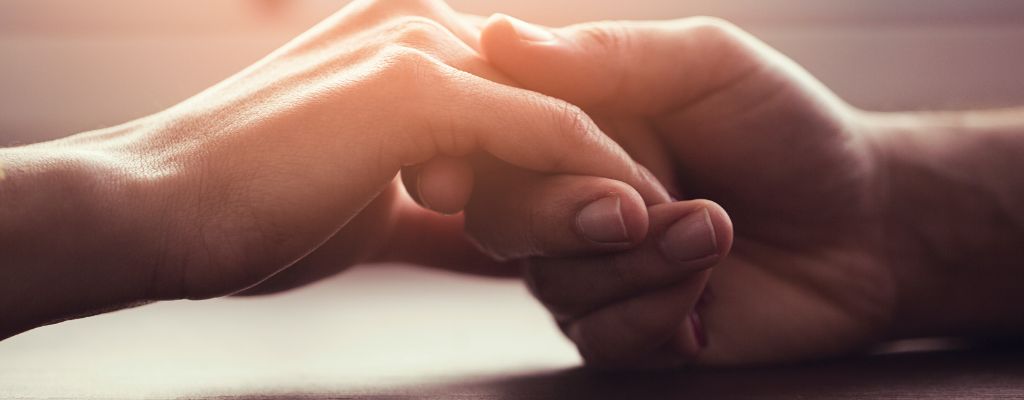Benjamin Franklin said it in 1789 – nothing is certain except death and taxes. Nowadays we can comfortably add debt to that.
With the average Australian household debt around $276,000, it’s unlikely that most people have thought about what will happen to that debt when they die. So, what does happen to your debt when you die?
Recent US survey results have revealed that nearly half of Americans expect to outlive their debt, passing it onto their loved ones after they die.
Whilst similar research is yet to be undertaken in Australia, it’s highly probable that most Australians are financially unprepared for death and the impact it can have on their loved ones.
Australians are more fortunate than their counterparts in the US, as our loved ones do not generally inherit the deceased’s debts. They don’t simply vanish, but they do become part of the estate, which is then managed according to that persons Will or nominated executor of the estate.
What happens to your debt after you die depends on whether your estate is considered solvent or insolvent.
How does an estate become insolvent?
It’s fairly simple. A “solvent” estate means that you have enough assets such as house, shares, car etc. to pay off any debts you may still have. If you don’t have enough in your estate to pay off your debts, it would be considered “insolvent”.
Dee Sherring from Cloud Payment Group explains that it’s important to be aware of what makes up your estate, to understand what will happen when you die, so you can plan accordingly.
“An estate generally refers to things such as property, personal possessions including valuables, bank accounts and insurance policies. Anything that has a potential value is considered to be part of your estate.”
The executor has a set of “rules” to follow in relation to order of payments for insolvent estates, for example they must pay off funeral and administration expenses first. Additionally, if the deceased had bankruptcy proceedings against them prior to their death, they would continue as if they were still alive.
What kind of debts would I be liable for when I die?
The basic answer is anything that you were responsible for when living. These may include:
- Car loans
- Mortgage
- Credit card
- Tax debts
- Higher education debts
Even executor fees are classified as a debt.
If you had not completed pay off a car loan, then that debt remaining becomes part of the responsibility of your estate to pay before the vehicle is given to a beneficiary. Higher education loans are the only debt, which is cancelled upon your death, provided that the required repayments were made up to the date of your death. The Australian Taxation Office does not recoup any remaining amounts from your estate.
Does my family need to pay my debt?
In nearly all instances, your family will not be liable for your debt when you die, and they will not inherit the debt.
Dee said there are a few instances where they would be responsible for a debt.
“On the odd occasion where there is a joint debt such as a mortgage or credit card, or if a family member is a signatory (guarantor) on a debt, the family members involved would need to settle or take on that debt.
It’s important to understand that a lender or other institution cannot force your family or loved ones to pay off your debts unless one of the above situations applies.”
What if my estate has no money?
If your estate is considered insolvent, and there is no money to cover unsecured debts, the debt dies with you.
Comments Dee, “Once the executor has addressed all secured debts such as mortgages and car loans, and there is no further money in your estate, your creditors must bear the loss. If the estate didn’t have enough funds to pay out a car loan for example, they must sell the vehicle to repay the lender.
At the end of the day, there is no one to pay the debt so the creditor has no choice but to write it off.
I recommend that people – regardless of age – ensure they have a will and have nominated a trustworthy executor – as it will make the process a lot smoother for your loved ones should you happen to pass away suddenly.”

